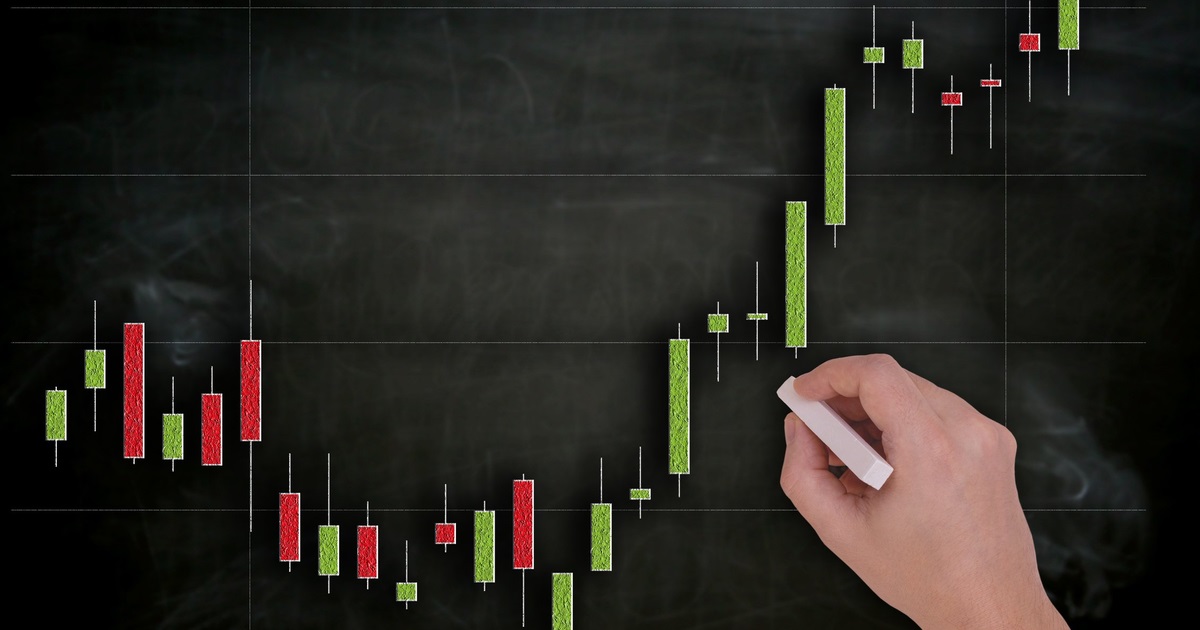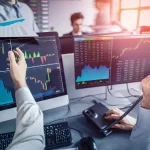Does Trading Have a Future?
In the rapidly changing landscape of global finance, the question “Does trading have a future?” is more pertinent than ever. Trading, in its most basic form, is as old as civilization itself, with roots tracing back to the barter systems of ancient times. However, modern-day trading is a far cry from those primitive exchanges. It is now characterized by fast-paced transactions, complex derivatives, and electronic markets. The future of trading is not just an evaluation of its continued existence but an exploration of its evolving nature.
The advent of technology has been transformative for the trading industry. With algorithmic trading, high-frequency trading (HFT), and robotic processing automation (RPA), the market has witnessed a surge in speed and volume of trades. Algorithmic trading uses pre-programmed instructions to execute orders based on timing, price, and volume. This has led to a more efficient market with narrower bid-ask spreads and improved liquidity. However, it has also raised concerns about market fairness and the potential for flash crashes due to cascading algorithmic decisions.
Furthermore, the digitization of trading platforms has democratized access to financial markets. Retail investors can trade from anywhere in the world using smartphones and laptops, which was unimaginable a few decades ago. The rise of online brokerages and trading apps has lowered barriers to entry, leading to increased participation in stock, forex, and commodity markets.
Cryptocurrency trading is another area that hints at a dynamic future for trading. Despite regulatory uncertainties and volatile natures, cryptocurrencies have carved out a significant niche in the financial ecosystem. The blockchain technology underlying these digital assets presents a new frontier in trading where traditional intermediaries like banks and brokers are bypassed, facilitating peer-to-peer transactions that are swift and transparent.
However, the future of trading is not devoid of challenges. The shift towards automation may marginalize human traders, reducing their role to overseeing algorithms and intervening in exceptional market conditions. Meanwhile, cybersecurity emerges as a growing concern, with trading platforms and financial institutions facing threats from cyber attacks that could undermine market integrity and investor confidence.
Sustainability is another factor shaping the future of trading. As socially responsible investing gains traction, traders are increasingly integrating environmental, social, and governance (ESG) criteria into their decision-making processes. This evolution reflects a broader societal shift toward sustainability and may redefine investment strategies and risk assessments going forward.
Regulatory changes also play a crucial role in the future of trading. Governments and international bodies are grappling with how to regulate emerging sectors like crypto while maintaining market stability and protecting investors. The outcome of these deliberations will significantly influence the direction and innovation within the trading sphere.
In conclusion, trading undoubtedly has a future, but it will be markedly different from its past. It will be shaped by technological advancements, regulatory frameworks, and societal values. The key to success in this new era will be adaptability. Traders, institutions, and regulators alike must remain nimble and receptive to change, embracing innovation while upholding the principles of fair and transparent markets. The evolution of trading is an ongoing journey, one that promises to redefine the financial landscape for generations to come.






